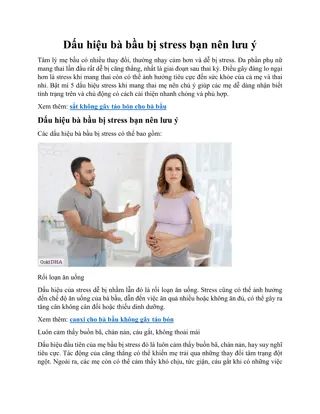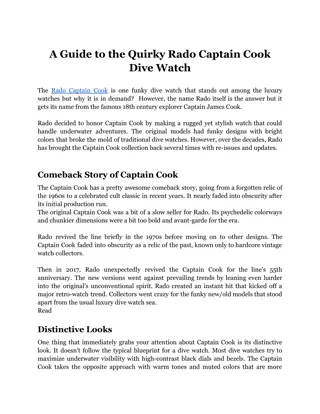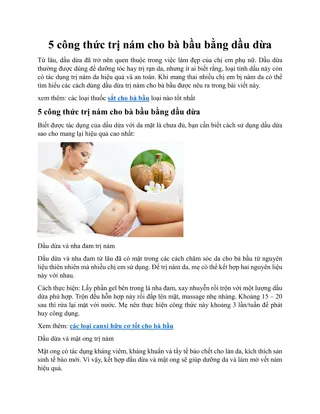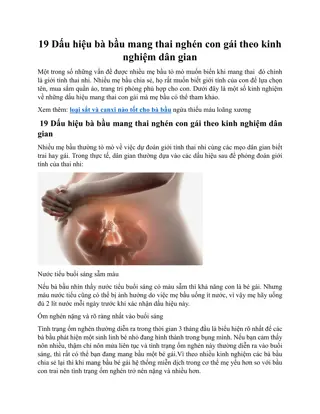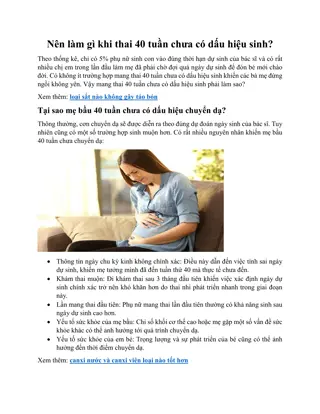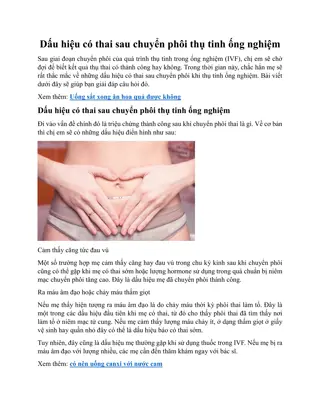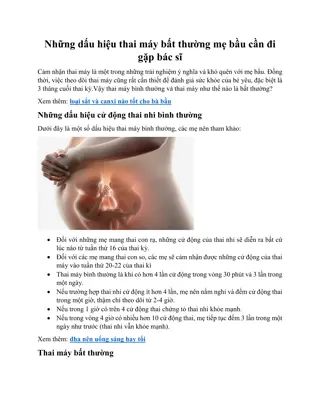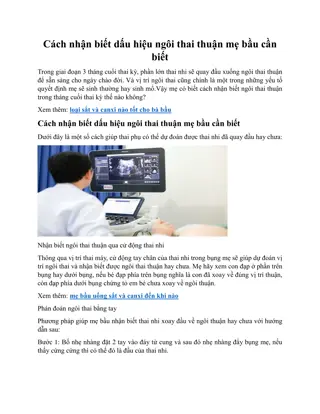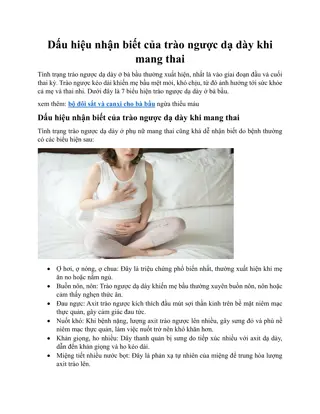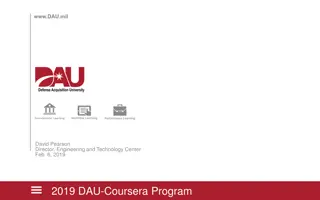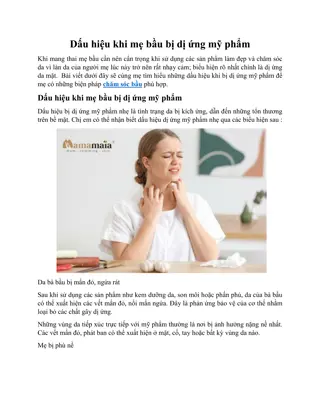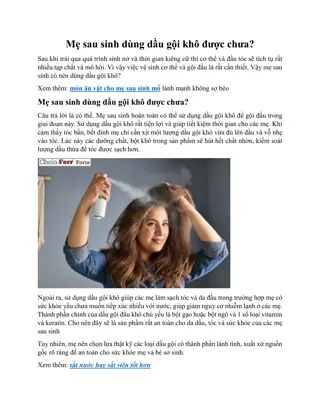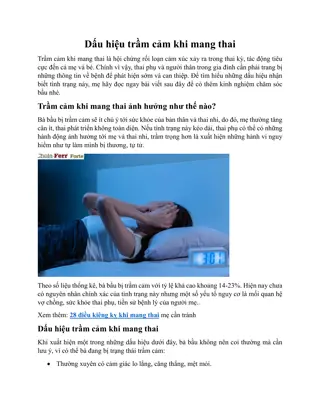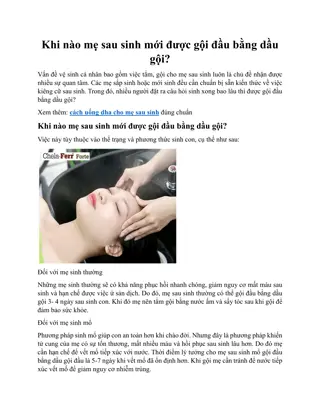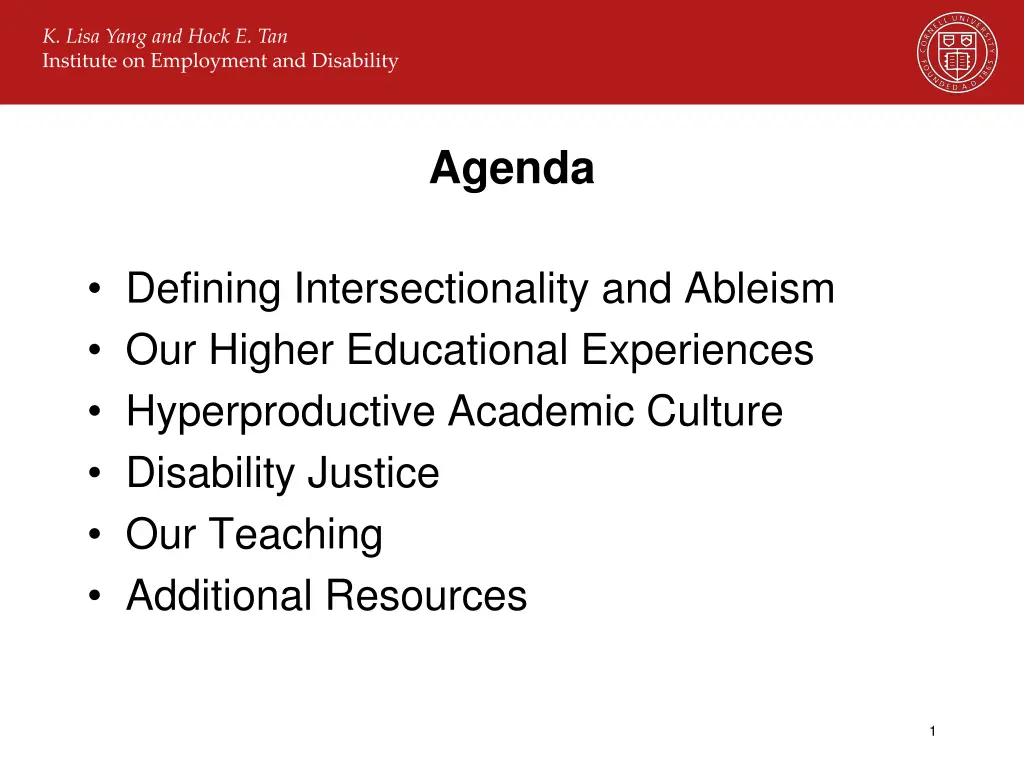
Understanding Intersectionality and Ableism in Higher Education
Explore the concept of intersectionality and ableism in higher education, delving into the hyperproductive academic culture, disability justice, and the impact on our teaching experiences. Discover how an intersectional framework can shape our understanding of multiple identities and social injustices, and learn about resources for supporting intersectional disability justice.
Download Presentation

Please find below an Image/Link to download the presentation.
The content on the website is provided AS IS for your information and personal use only. It may not be sold, licensed, or shared on other websites without obtaining consent from the author. If you encounter any issues during the download, it is possible that the publisher has removed the file from their server.
You are allowed to download the files provided on this website for personal or commercial use, subject to the condition that they are used lawfully. All files are the property of their respective owners.
The content on the website is provided AS IS for your information and personal use only. It may not be sold, licensed, or shared on other websites without obtaining consent from the author.
E N D
Presentation Transcript
Agenda Defining Intersectionality and Ableism Our Higher Educational Experiences Hyperproductive Academic Culture Disability Justice Our Teaching Additional Resources 1
Framing Disability Intersectionally [An] intersectional framework enables the acknowledgment of our multiple identities as well as the ways in which various social injustices are intertwined and interactively affect our daily lives. disability justice scholar and activist Akemi Nishida 2
Ableism 3
On Hyperproductive, Ableist Academic Culture We describe this academic culture as ableist because the level of productivity expected always assumes normative or non- disabled bodies and minds. While accessibility is often framed as a disability issue, workplace cultures that place excessive emphasis on (hyper)productivity uphold standards that privilege those most able, without considering other factors like gender, race, and class that shape our opportunities to create, produce, and succeed. These practices exclude people with diverse lived experiences, hindering the quality of and range of perspectives represented in scholarship produced within our institutions. They also compromise the health and well-being of all involved. critical disability scholars Susan Mahipaul and Erika Katzman 4
Some Resources for Intersectional Disability Justice --Autistic Hoya: https://www.autistichoya.com/ --Disability Solidarity: https://twitter.com/dissolidarity --Disability Visibility Project: https://disabilityvisibilityproject.com/ --Harriet Tubman Collective: https://harriettubmancollective.tumblr.com/ --Leaving Evidence: https://leavingevidence.wordpress.com/ --Ramp Your Voice: http://www.rampyourvoice.com/ --Rooted in Rights: https://rootedinrights.org/ --Sins Invalid: https://www.facebook.com/sinsinvalid/ --T.L. Lewis: https://www.talilalewis.com/
Questions? Please feel free to get in touch with us: Dr. Cook lhc62@cornell.edu Professor Weiner Heinemann aaw43@cornell.edu 7

